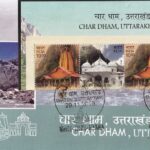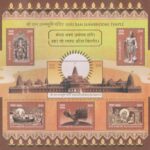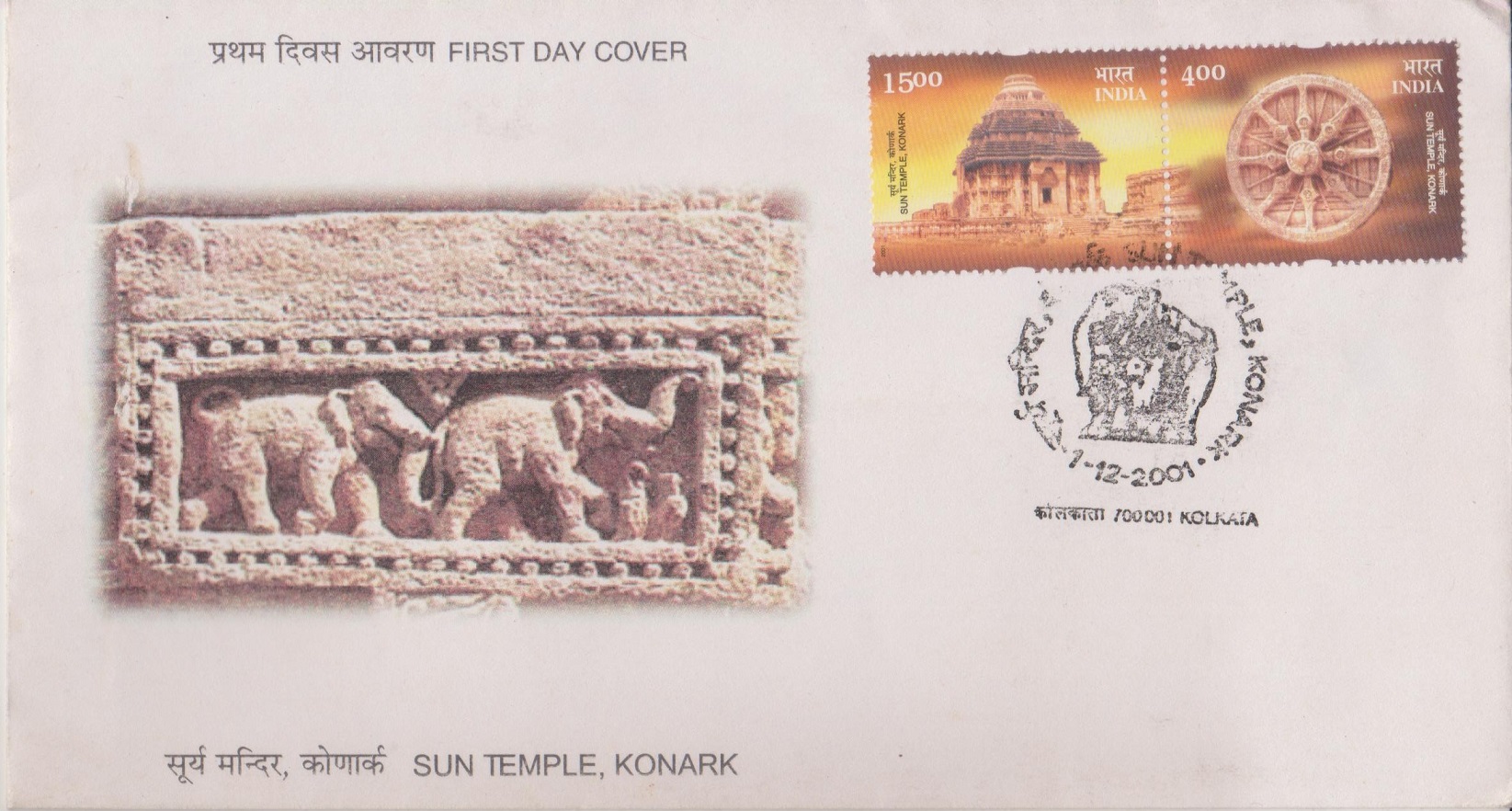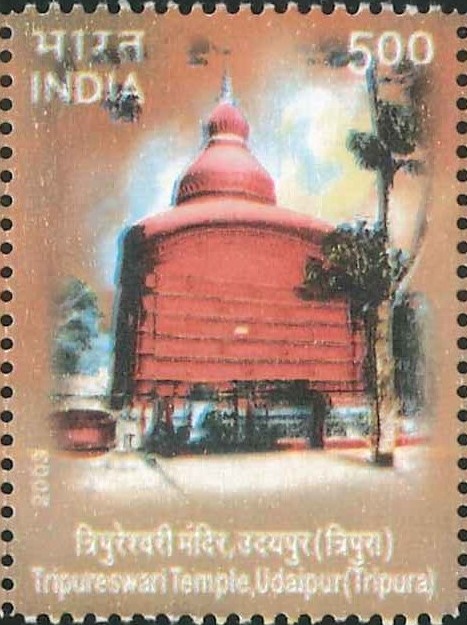
Indian Temple Architecture 2003
Complete Set of 4 nos of postage stamps on the Hindu Temple Architecture of India :
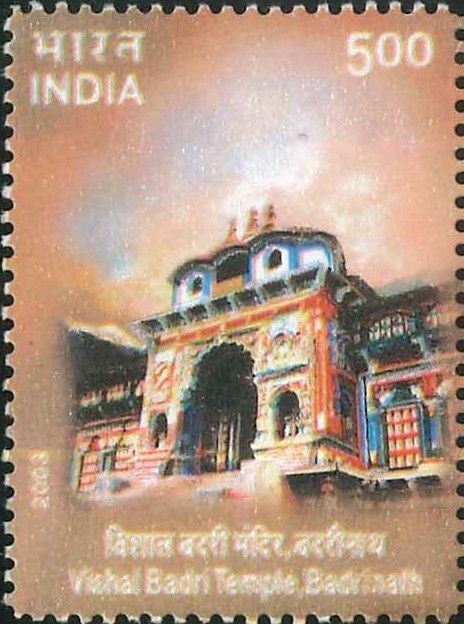
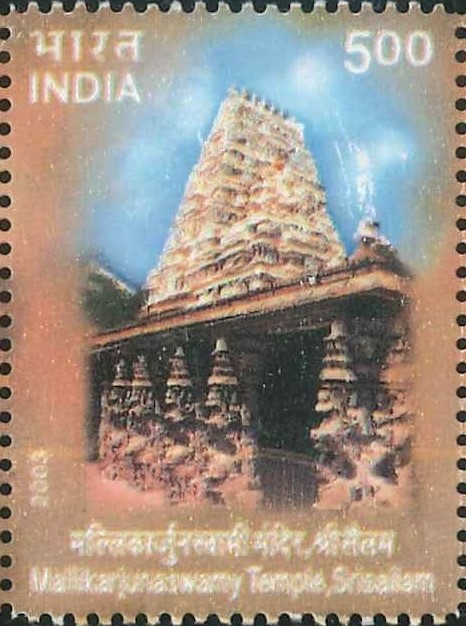

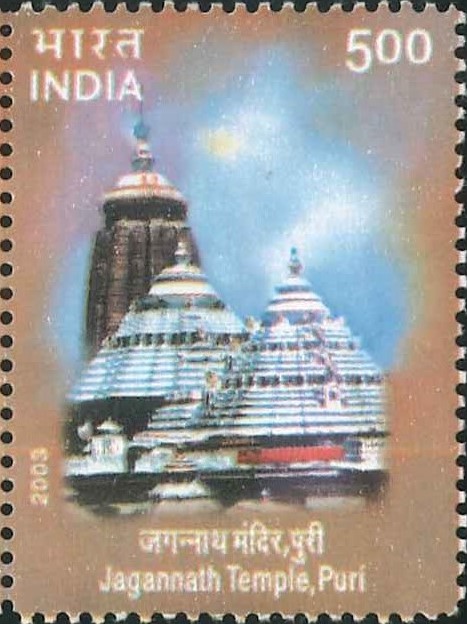
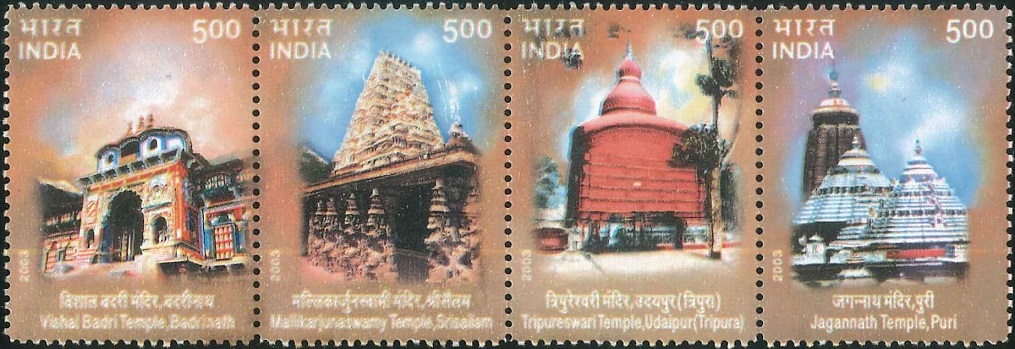
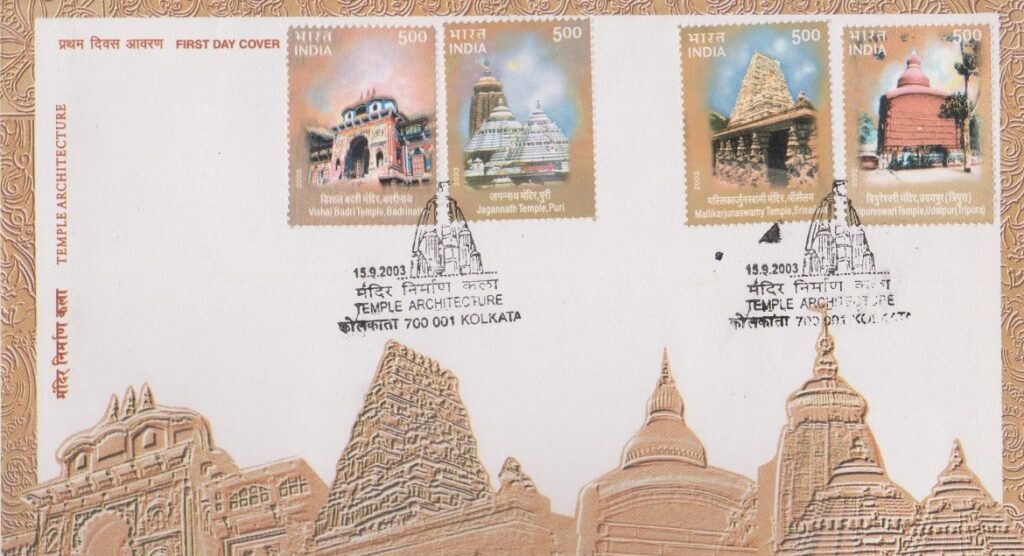
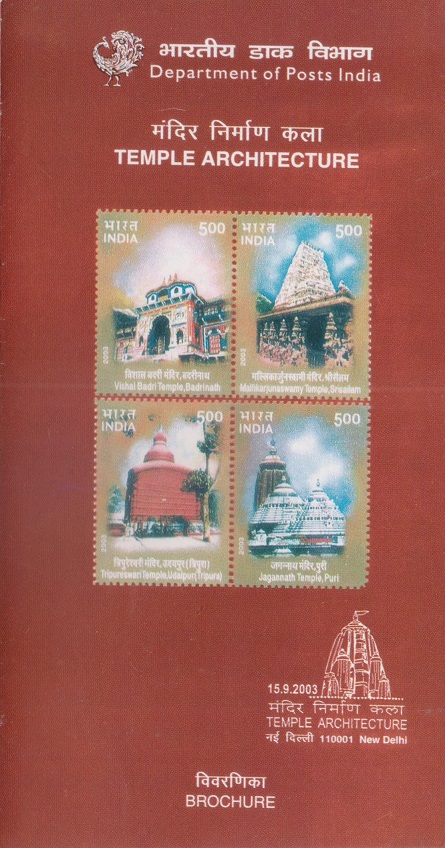 Issued by India
Issued by India
Issued on Sep 15, 2003
Issued for : The Department celebrates the variety and diversity of India’s Temple Architecture with this set of stamps.
Credits :
Stamps & FDC : Sankha Samanta
Cancellation : Alka Sharma
Type : Se–tenant Strip of 4 Stamps, Mint Condition
Colour : Multi colour
Denomination : 500 Paise each
Overall size : 2.90 x 3.91 cms.
Printing size : 2.90 x 3.91 cms.
Perforation : 13 x 13
Paper : Imported un w/m Adhesive Gravure Coated stamp paper in Sheets 50.8 x 53.5 Cms.
Sheetlets Printed : 0.15 million each
Mixed Sheetlets : 0.15 million
Number per issue sheetlet : 16
Printing Process : Photogravure
Printer : India Security Press, Nashik
About :
- Temple Architecture in India evolved over the centuries with a conservative base overlaid by decorative details which vary from region to region. These variations reflected available construction material and skills of the artisans of the area.
- The Vishal Badri Temple, dedicated to Lord Badrinath by Adi Sankaracharya, lies in a picturesque Himalayan valley of Garhwal. The hot mineral spring of Badrinath is renowned for its spiritual and medicinal value.
- The Mallikarjunaswamy Temple, Srisailam, Andhra Pradesh houses one of the twelve “Jyotirlingas” of Siva and one of the eighteen deities of the “Mahashakti” in a single complex. Located on the Nallamalai hills, near the Krishna river, its history began with the early Satavahanas, early rulers of Andhra.
- The Tripureswari Temple is reported to have been built in 1501 A.D. by Maharaja Dhanya Manikya at Udaipur, Tripura. Dedicated to Mahashakti in her form as “Tripurasundari”, it reflects Tripura’s patronage of the Stupa-Sirsa style of architecture.
- The temple at Puri, dedicated to Lord Jagannath, began in the 12th century by Raja Chodaganga Dev and completed in the 13th century by Raja Ananga Bhima Dev, stands in the heart of the city, with an imposing spire. It carries the richness of the Kalinga style of architecture and the Lord’s “Yatra” is an imposing festival.


